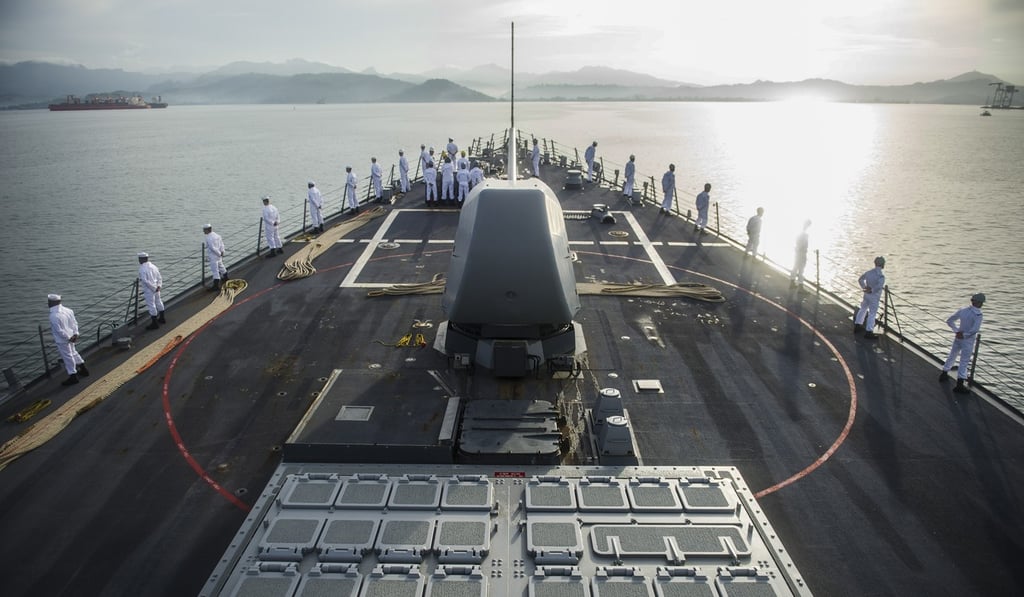Advertisement
Opinion | China’s growing investment in the Philippines and Hanjin’s collapse stir national security worries
- Lucio Blanco Pitlo III says Manila faces the dilemma of easing security concerns about foreign equity in crucial sectors without appearing to single out booming Chinese investment
Reading Time:4 minutes
Why you can trust SCMP
0

Concerns about a potential Chinese takeover of the bankrupt South Korean shipping giant Hanjin’s shipbuilding unit in the Philippines’ strategic Subic Bay have shone a spotlight on growing security concerns over Chinese investment.
Improved bilateral relations in the past three years has catapulted China to the status of the Philippines’ largest trading partner, second-largest source of inbound tourism and biggest growth driver in local property development. Agricultural exports, tourism and real estate for the growing number of Chinese workers in the booming online gaming business were the first sectors to benefit from booming economic relations.
However, efforts are being made to channel more investment into other areas, notably infrastructure and manufacturing. But while industrial estates and renewable energy projects are welcome, red flags have been raised about Chinese forays into critical and sensitive infrastructure. Chinese interest in the Hanjin shipyard, located in a former US military facility and close to a Philippine naval base, provides a case in point.
The Philippines is actively seeking capital, both foreign and domestic, to upgrade and expand infrastructure to meet burgeoning demand and compete with other fast-growing economies. This will address traffic and logistical constraints, as well as high power, water and telecommunications costs, a perennial complaint of investors.

The country has been easing restrictions on foreign investments. Shipbuilding, for instance, was recently opened for 100 per cent foreign equity investment. China, meanwhile, has emerged as the world’s second-largest outbound investor, a major infrastructure builder and major player in global mergers and acquisitions.
Advertisement
